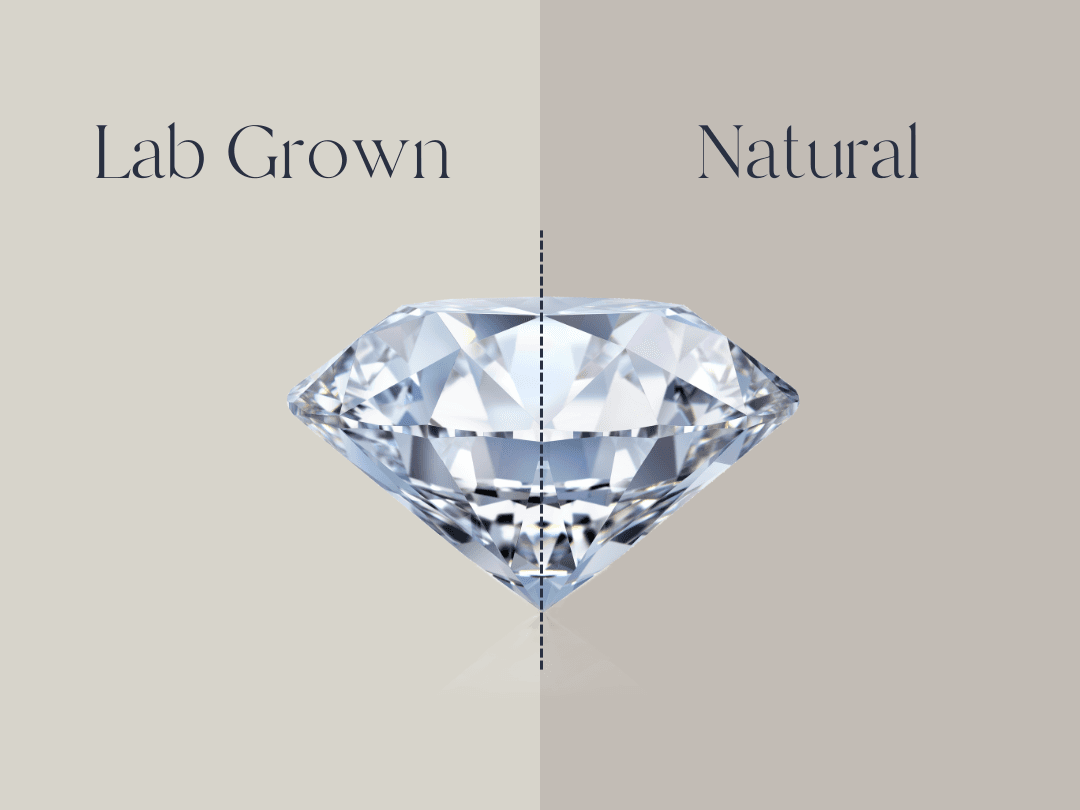White Sapphire: Pros and Cons of This Elegant Diamond Alternative
Table of Contents
Pros of White Sapphire
1. Affordability
One of the most significant advantages of pros and cons of white sapphire is their affordability. Compared to diamonds, white sapphires are much less expensive. This makes them an attractive option for those looking for a beautiful gemstone without the high price tag of a diamond.
2. Durability
White sapphires are quite durable, ranking 9 on the Mohs scale of hardness. This makes them suitable for everyday wear and ensures they can withstand regular use without scratching or damaging easily. Only diamonds, with a hardness of 10, are harder.
3. Ethical Choice
White sapphires can be an ethical alternative to mined diamonds. They are often lab-created or sourced from reputable suppliers who adhere to ethical and environmental standards. This can be appealing for those concerned about the ethical implications of their gemstone choices.
4. Clarity
White sapphires generally have excellent clarity and can be found with minimal to no visible inclusions. This gives them a clean and clear appearance, enhancing their overall beauty.
5. Variety
White sapphires come in a range of sizes and cuts, allowing for a variety of design options. They can be cut into various shapes, including round, oval, and cushion, providing flexibility for custom jewelry designs.
Cons of White Sapphire
1. Less Brilliance
Compared to lab created diamonds, white sapphires exhibit less brilliance and fire. While they are still visually appealing, they do not sparkle as much as diamonds due to their lower refractive index. This can be a drawback for those who prefer the intense sparkle of a diamond.
2. Lack of Color
White sapphires, being colorless, do not have the same range of hues and tones as other gemstones. While this is a pro for those seeking a neutral stone, it may be a con for those looking for a gemstone with more character or color variations.
3. Potential for Scratches
Despite their high hardness, white sapphires can still be scratched by harder substances. They are not immune to damage, and while they are more durable than many other gemstones, they are less resistant than diamonds.
4. Heat Sensitivity
White sapphires can be sensitive to high heat. This is particularly relevant during the setting process, as extreme temperatures can potentially damage the stone. Care must be taken to avoid exposing white sapphires to excessive heat.
5. Inconsistent Quality
The quality of white sapphires can vary widely depending on the source. Lab-created sapphires are generally more consistent, but natural white sapphires may have variations in clarity and color. It’s important to purchase from reputable sources to ensure you receive a high-quality stone.
Conclusion
White sapphires offer a range of benefits, including affordability, durability, and ethical sourcing. However, they also come with drawbacks, such as less brilliance compared to diamonds and potential heat sensitivity. When choosing a white sapphire, consider these pros and cons to determine if it aligns with your preferences and needs.

 Women’s Ring Size: A Complete Guide
Women’s Ring Size: A Complete Guide  Understanding Why Diamond Size Matters in Lab-Created Diamonds
Understanding Why Diamond Size Matters in Lab-Created Diamonds  Mined Diamonds Karma: Understanding the Ethical and Environmental Impacts
Mined Diamonds Karma: Understanding the Ethical and Environmental Impacts  Buy Novita Lab Diamonds: A Comprehensive Guide
Buy Novita Lab Diamonds: A Comprehensive Guide  GIA vs IGI: Which Diamond Certification is Right for You?
GIA vs IGI: Which Diamond Certification is Right for You?  Vehicle Accident Lawyers: Expert Legal Support for Your Claims
Vehicle Accident Lawyers: Expert Legal Support for Your Claims  Perth Lawyers: Your Guide to Legal Services in Western Australia
Perth Lawyers: Your Guide to Legal Services in Western Australia